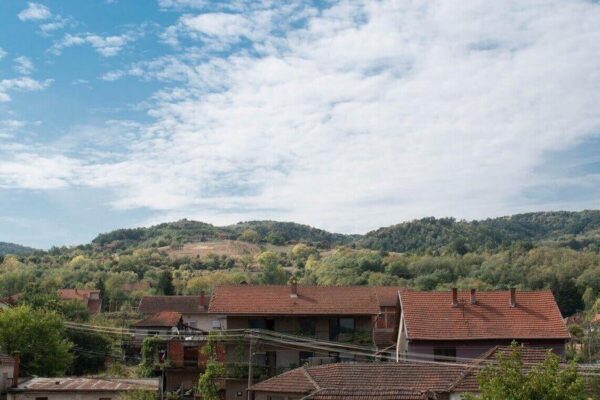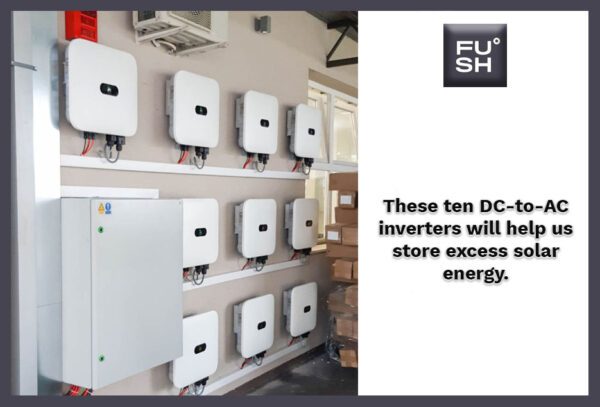Having a solar-powered clothing factory in your supply chain can significantly improve your company’s sustainability outlook. The reason is very simple – the electricity needed to manufacture the clothes is a big part of the carbon footprint of your products.
In the USA, generating electricity creates 25% of total greenhouse emissions. Being that the country relies on fossil fuels for almost 70% of its electricity, the greenhouse emissions would be similar to most textile manufacturing hubs worldwide. Here’s the list of the major textile manufacturing countries and their primary electricity production sources:
- • China (coal 65%)
- • India (coal 75%)
- • Bangladesh (natural gas 62.9%)
- • Pakistan (fossil fuels 64%)
- • Indonesia (oil 41% coal 29%)
Also, in the near future, brands will be legally required to ensure their supply chain creates as little CO2 as possible. Clean electricity is a great start in the right direction and you should already be proactive about it.
FUSH˚ and solar power

Birdseye view of all the solar panels on the roofs of our clothing factory in south-eastern Serbia
Our key sustainability goal for the year 2021 came true – we became a solar-powered clothing manufacturer! Being that it’s (almost) always sunny in Oraovica (over 200 days of strong sunshine), this was a no-brainer decision for us. Also, it should be for anyone who can afford an investment that generally pays itself out in a period between 5 and 15 years. Let’s see how we did it.
Of course, we didn’t do it ourselves – we got in touch with solar energy professionals from Sunčica, a company that handles almost everything related to solar systems and solar plants. It took them around two weeks to instal panels on 3000 square meters of roofs and connect them to the inverters and the grid.

This is what the surrounding area of the factory looks like
Is that enough to power our entire factory?
Yes, it absolutely is. Our solar system makes 100 kW of electric energy and the factory energy consumption never exceeds 80 kW. On top of that, we’ve installed hybrid inverters that can store energy in solar batteries. So if we expand, we’d still be able to generate electricity with the same number of solar panels. That would be the second step in our solar-powered journey towards zero emissions.
Also, we’re in the final steps of setting up an agreement with the national grid to sell them our excess solar-generated electricity. We’re doing this mostly because we want to be able to buy it back once we can’t generate 100% of the electricity for our facility’s needs.
This way, even when we use energy from the grid, it remains clean.
Why solar power?
Being that we intend to eliminate our contribution to global warming entirely within the next ten years, using one of the cleanest sources of energy to power our factories is a great start. Also, Serbia generates around 70% of its electric energy by using non-renewable sources. So for us, to depend on the grid would mean we’d partake in increasing CO2 emissions, which is a big no-no for any sustainable clothing manufacturer.
Solar future at FUSH˚
An investment such as this will start paying itself in approximately 5 years. That is when the second stage of investing in solar power would start for us. That is when we’d install the energy storage system (ESS). They’d allow us to install new machinery and still depend on solar panels for electricity as well as put more clean energy back into the grid. And there will be excess energy because the panels were already generating more electricity than we can consume on a sunny October day.
This way, we’d be able to contribute more significantly to clean energy generation in our country as well as further our sustainability goals.

Request a quote from us
To get the best possible price and lead time estimate, please include the number of designs and pieces per design, fabric choice, sizes, and printing options.
- FUSH˚ Addresses:
- Velizara Stankovića 67
Belgrade, Serbia (view in Google Maps) - Oraovačka BB
Oraovica, Serbia (view in Google Maps)
- Velizara Stankovića 67
- Phone: +381 11 359 10 48
- Email: info@fush.rs